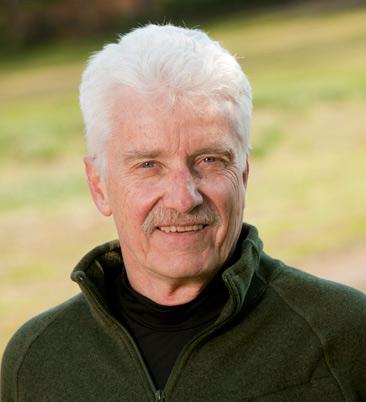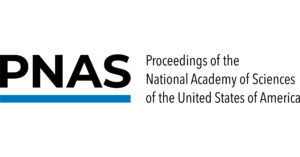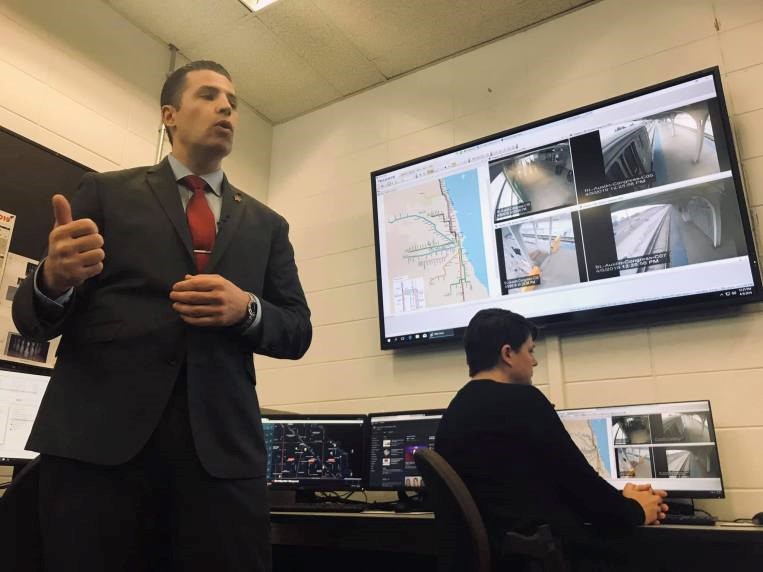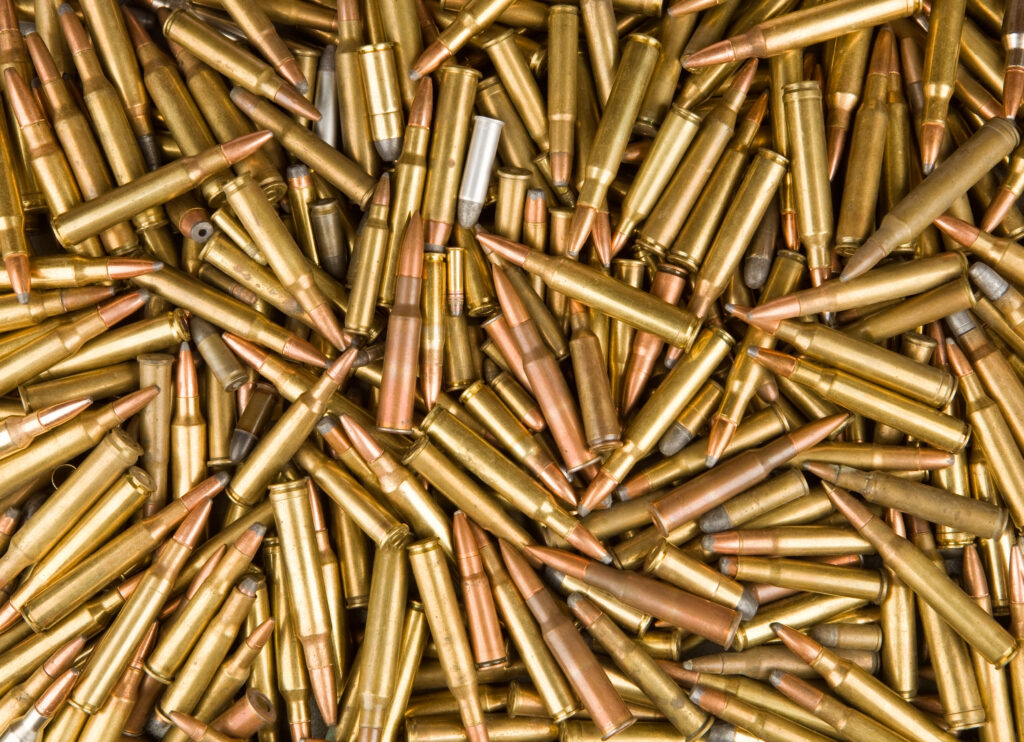Philip Cook
Professor Emeritus of Public Policy and Economics at Duke University

Philip J. Cook has been a member of the Duke faculty for 50 years and is currently Professor Emeritus of Public Policy and Economics. He was a founding member of the Sanford School faculty and served as director for a total of 7 years.
He is one of the first scholars to undertake research on gun violence prevention. In 2020 his contributions in this area were recognized by the award of the Stockholm Prize in Criminology. Earlier, in 2001 he was elected to membership in the National Academy of Medicine.
He has served as a consultant to the U.S. Department of Justice (Criminal Division and Bureau of Alcohol, Tobacco, Firearms and Explosives) and to the U.S. Department of Treasury (Enforcement Division), as well as the Durham Police Department. He has served in a variety of capacities with the National Academy of Sciences, including membership on expert panels dealing with alcohol abuse prevention, violence, school shootings, underage drinking, the deterrent effect of the death penalty, and proactive policing. He served as vice chair of the National Research Council’s Committee on Law and Justice.
His research has focused on the costs and consequences of the widespread availability of guns, and what might be done about it. His most recent book, with Anthony A. Braga, is Policing Gun Violence (Oxford University Press 2023). Previous books on gun violence prevention include Gun Violence: The Real Costs (Oxford University Press, 2000, co-authored with Jens Ludwig), and The Gun Debate (Oxford University Press 2014, 2020, co-authored with Kristin A. Goss) which is intended for a general audience seeking an objective assessment of the relevant issues. He is currently the scientific director for a multi-faceted project to improve clearance rates for shooting cases in Chicago.
He holds a Ph.D. in Economics, University of California, Berkeley 1973 and a B.A., University of Michigan, 1968.

Valuing the benefits of reducing firearm violence in the United States
This paper estimates the monetized value of the impact of reducing firearm violence and how that value is distributed across the population.
NCGVR Webinar: Interventions to Improve Police Effectiveness
In a recent webinar hosted by the National Collaborative on Gun Violence Research, Oeindrila Dube presented her findings on the evaluation of Situational Decision-Making, while Philip Cook discussed the evaluation of the Chicago Police Department’s Area Technology Centers.
More and better video evidence for police investigations of shootings: Chicago’s Area Technology Centers
Case study article on the background of CPD’s Area Technology Centers (ATC) and set up for subsequent research.
Results of the Chicago Inmate Survey of Gun Access and Use
Clearance Rates
The Crime Lab partnered with the Chicago Police Department to analyze historical trends in clearance rates for homicides and non-fatal shootings and evaluate the innovative Area Technology Center (ATC) model.

Understanding Underground Gun Markets
The Crime Lab explored how people access firearms and ammunition in the illicit market.

Latest Updates
Incrementalism Beats YOLO
For Vital City’s “Does Evidence Matter?” issue, Crime Lab affiliate Philip Cook and Pritzker director Jens Ludwig provide commentary highlighting evidence that incremental social policies have a positive impact on society.

Chicago Police Make an Arrest in Only 20 Percent of Fatal Shootings
The Trace’s Rita Oceguera and Justin Agrelo highlight only 20% of fatal shootings in Chicago result in an arrest. Philip Cook, a professor emeritus of public policy and economics at Duke University, has been working with the University of Chicago’s Crime Lab to examine clearance rates and has noted a sharp decline in homicide clearance rates over the years.

